In his essay on Stalinism Koba the Dread, Martin Amis proposes that Lolita is an elaborate metaphor for the totalitarianism that destroyed the Russia of Nabokov's childhood (though Nabokov states in his afterword that he "[detests] symbols and allegories").
In 1967, Astroboy [sic], the Japanese animation and comic book icon, died protecting a North Vietnamese village from American bombers.
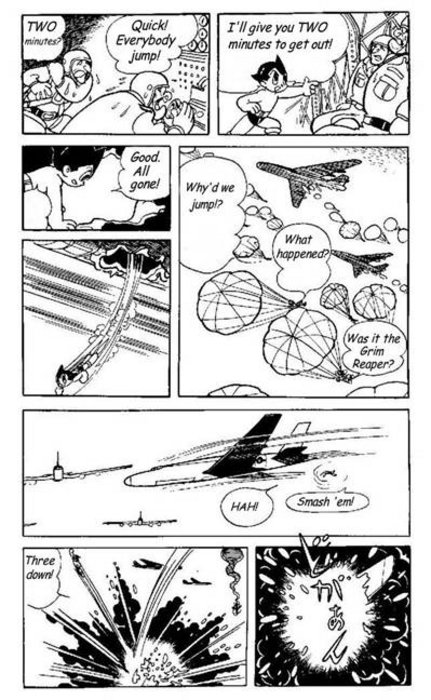
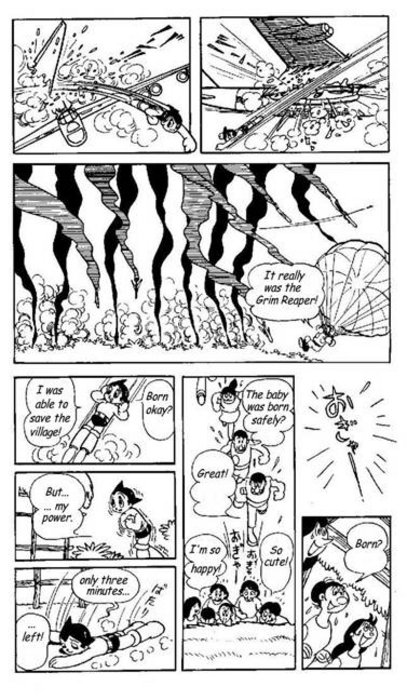
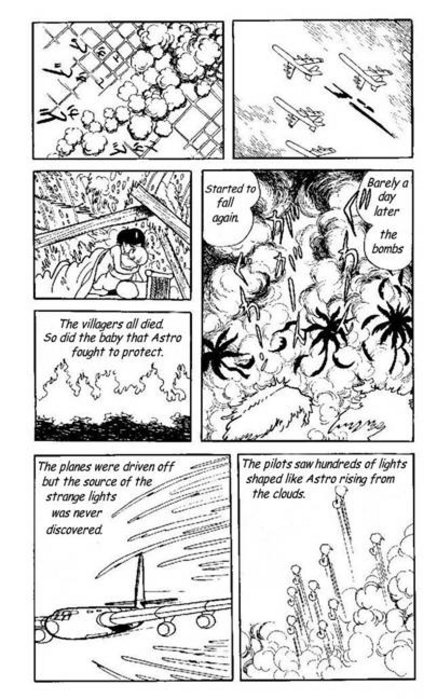
Throughout the postwar period, progressive artists, directors, and authors in many countries, not least the United States, have represented the US in critical ways. Peter Katzenstein has described representations which criticize the United States for failing to live up to its often lofty human rights rhetoric, as “liberal anti-Americanism”.
While opposed to American wars and other international actions, it must be asked, however, if “anti-American” is the best label for categorizing such writing. In Japan, critical commentary has often been combined with deep reflection on Japan’s own human rights record, past and present. This type of discourse, at its best, seeks a universal standard from which the mass killing of civilians and other forms of violence can be condemned.
In Astroboy [sic], Tezuka’s critique of the American practice of indiscriminate bombing is part of his life-long condemnation of militarism and organized violence, which included probing looks at Japan’s war record. Criticizing American atrocities in this way is quite distinct from using the US as a convenient target to reify Japanese nationalist images. For Tezuka, the critique of US destruction of Vietnam was part and parcel of his dissection of Japan’s war crimes.
Japanese popular culture, however, also sees the contextless use of anti-Americanism and vague but nonetheless meaningful images that glorify Japan`s 20th century wars.

cartoon villain shit
that just means that the savings will be used on even bigger models.
There's a name for that: https://en.m.wikipedia.org/wiki/Jevons_paradox
You've come to the right address lol
I'm autistic too with no prior experience with Battle Network-style gameplay and my reflexes aren't the best either (I can panic and make mistakes easily), but I still beat the final boss on the second attempt with little to no grinding, just playing the game with that ROM patch and doing all the sidequests. Haven't done much of the post-game yet though.
The first Star Force game is rather easy compared to Battle Network before it, the patch even includes a custom hard mode you can turn on and off whenever you want, as lack of difficulty was a common critique among fans.
In short: it's very doable, however things can get overwhelming with three or more enemies at once.
As for the story: a common opinion I've seen is that the Battle Network series has better gameplay, while Star Force (except 2, which fumbled it) has some of the best writing in the Mega Man franchise. The following bit is personal, so it may not hit you as hard as me.
The MC's character growth has unironically been inspirational for me; the game's aesthetic, theming and music fully understood me in the worst period of my life. It reminded me of what I want to be and do in a time where I felt hopeless about overcoming anxieties and incapacities. It made me believe in myself again. I haven't been the same person since, and while I still fall in familiar pitfalls and still have anxieties about self-image and competence, I feel like now I'm truly growing up. (I'm 20 years old and studying)
The reversal was “not likely to last”, said Marzec-Manser of ICIS, as Russia would in the summer be able to ship LNG to Asia via its Northern Sea Route. That was likely to reduce the amount sent to Europe, while US LNG production had picked up again, he said.
“Russia has limited flexibility to hold on to this share [in Europe] as demand [for gas] rises into next winter, whereas overall US LNG production is only growing with yet more new capacity coming to the global market by the end of the year,” he added.
Sure... based off this graph it would only be a matter of time before it happens again, though.
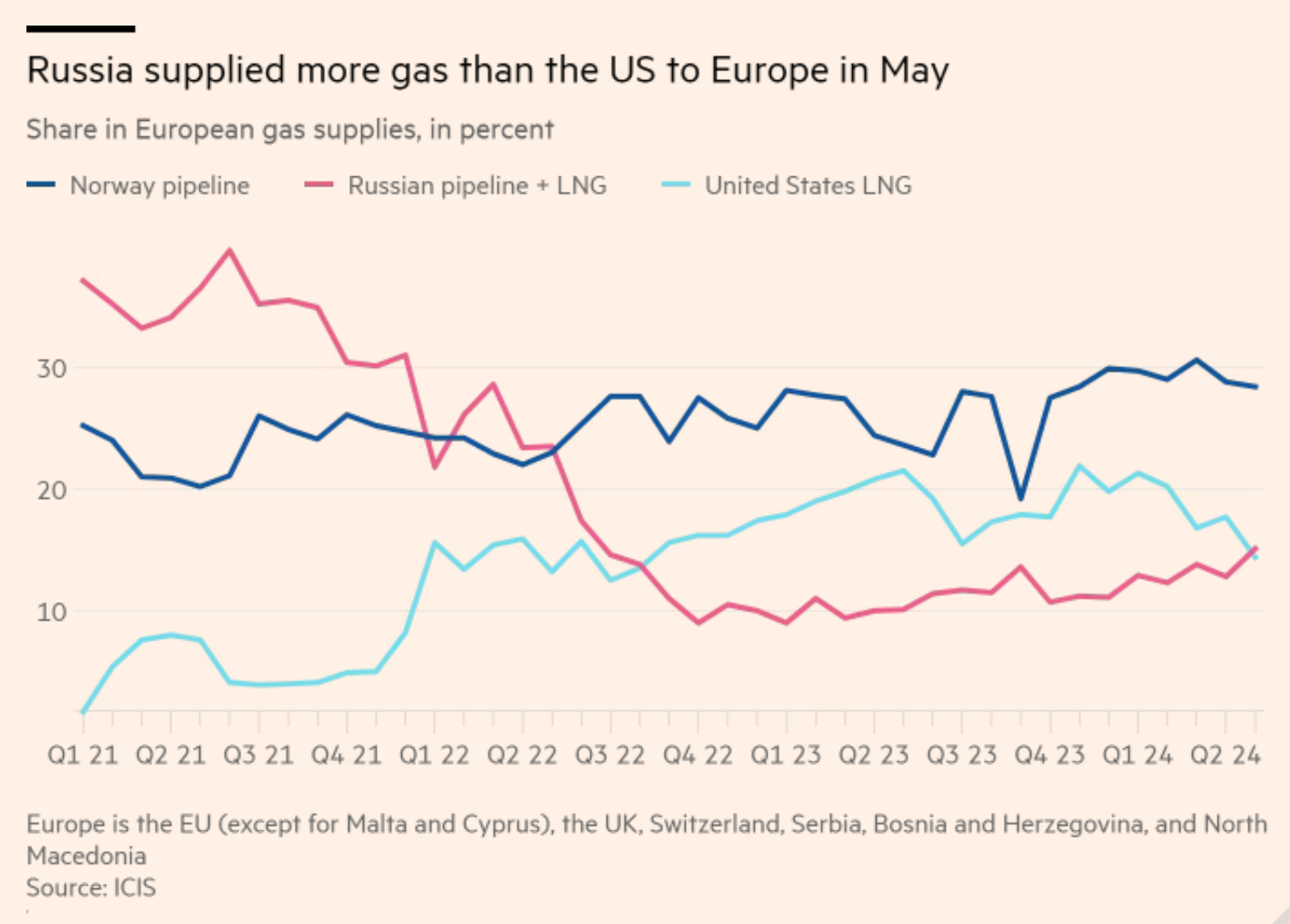
The European Commission is supporting efforts to establish an investment plan to expand the capacity of pipelines in the Southern Gas Corridor between the EU and Azerbaijan.
Ethnically cleansing Nagorno-Karabakh is fine apparently.
The increase has been spurred, scientists say, by the periodic El Niño climate event, which has now waned, as well as the ongoing and increasing amounts of greenhouse gases expelled into the atmosphere due to the burning of fossil fuels and deforestation.
(I added some rough trendlines for context)
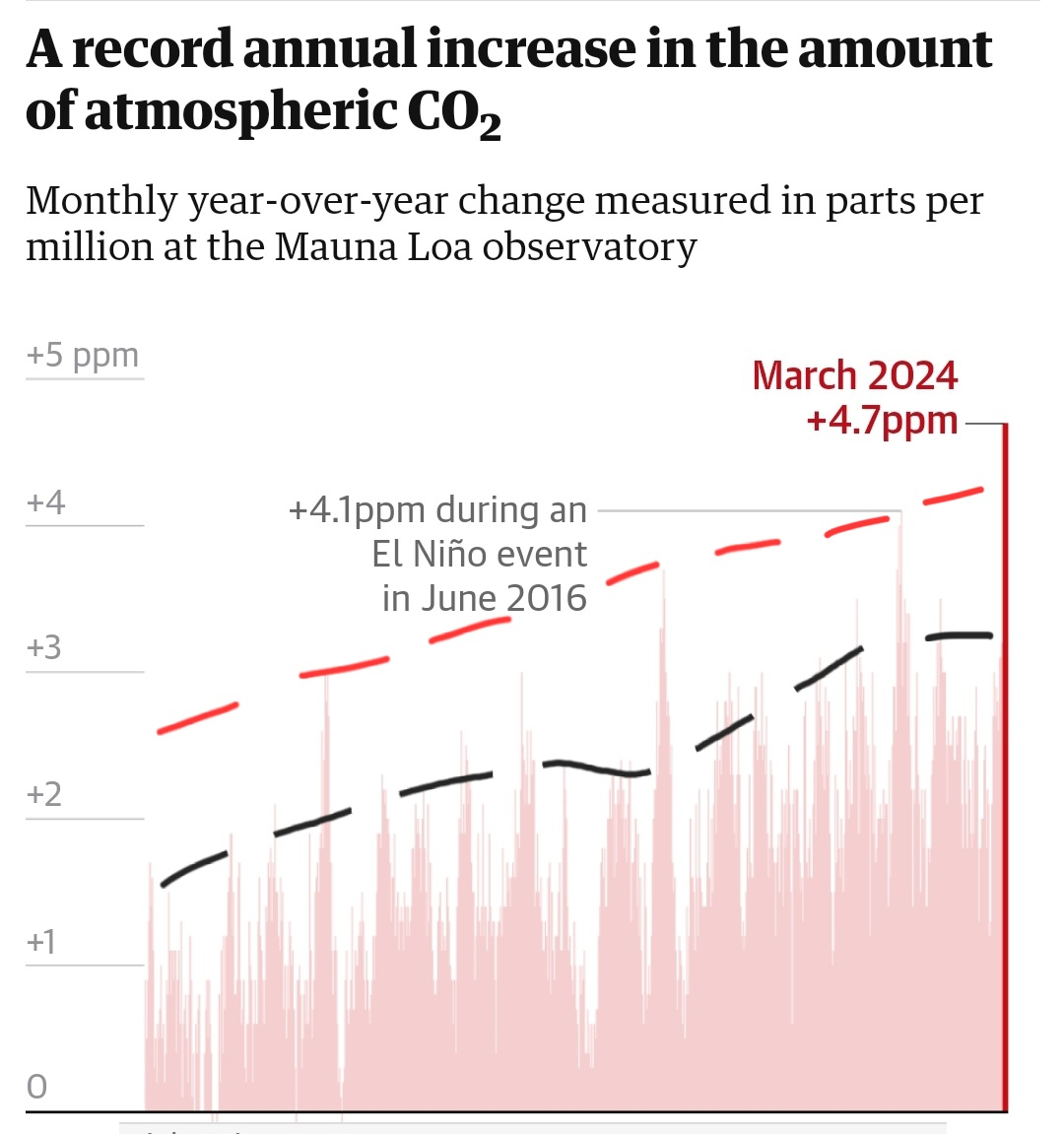
A little more on Ilan Ramon: he was also a veteran of the Yom Kippur War, and was one of the pilots for an Israeli air strike against an Iraqi nuclear power plant in 1981. Israel believed Saddam Hussein wanted to make nuclear weapons for war with Israel, and it may or may not have been his intent, but according to Iraqi nuclear scientists, Iraq's nuclear program simply became covert after that and the attack made Saddam more determined, so it might have made things worse.
This gets to the heart of the issue with Israel's responses to threats: it is hot-headed, it reminds me of characters that say "fuck the rules, gotta do what needs to be done", and it often makes things worse. First, Israel invaded Lebanon, because the PLO launched attacks from there. The PLO then moved their HQ to Tunisia. Then, after a killing of Israelis on a yacht in Cyprus, Israel bombed their HQ in Tunisia, killing civilians, which led to antisemitic attacks against what remained of the Jewish community in Tunisia, including an officer shooting up a synagogue. All in the name of keeping Jews safe.
Israel is playing whack-a-mole, it keeps creating new moles to whack, because its very existence, only possible through ethnic cleansing, prevents peace in the region.
Of the six American astronauts that were on board, all but one (Kalpana Chawla) became astronauts via a career in the US military (Navy or Air Force).
Astronauts are widely viewed as highly commendable. Being reminded of the links to the MIC (Cape Canaveral is now Space Force Base Cape Canaveral), has honestly been a little dispiriting for me. Same holds true for the Soviet and Chinese space programs, though membership in their militaries is more palatable, obviously.
There are still plenty of people who become astronauts by being excellent scientists, but the military is the most common career path, and I find it a little saddening.
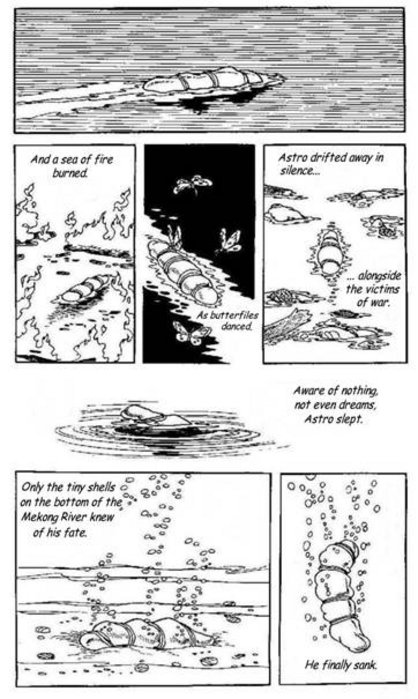


Granted, I haven't played it myself yet, but Mega Man Star Force 2 is that for a lot of fans of that series. The first game already got a lukewarm reception because of how it was simultaneously "just more Battle Network" and "not simply more Battle Network", but it has a very heartfelt story and some people are turning around on it when they can judge it on its own merits instead of constant comparisons to Battle Network, which has better gameplay. It still sold a decent number of copies.
The second game basically killed whatever momentum the series had by then. The story got dumbed down significantly which made it feel even more like Battle Network (although it still has its moments), the space theme was lost to "lost civilisations" shenanigans that many fans weren't interested in, the gameplay changes were meh and you frequently had to navigate through a maze-like "Sky Wave" with a too high encounter rate. Sales numbers were well below expectations.
The third game has the best gameplay by far and a story close to or as good as the first game, but the damage was already done. It sold the least of the three games. But at least the series ended on a high note with very few loose ends.